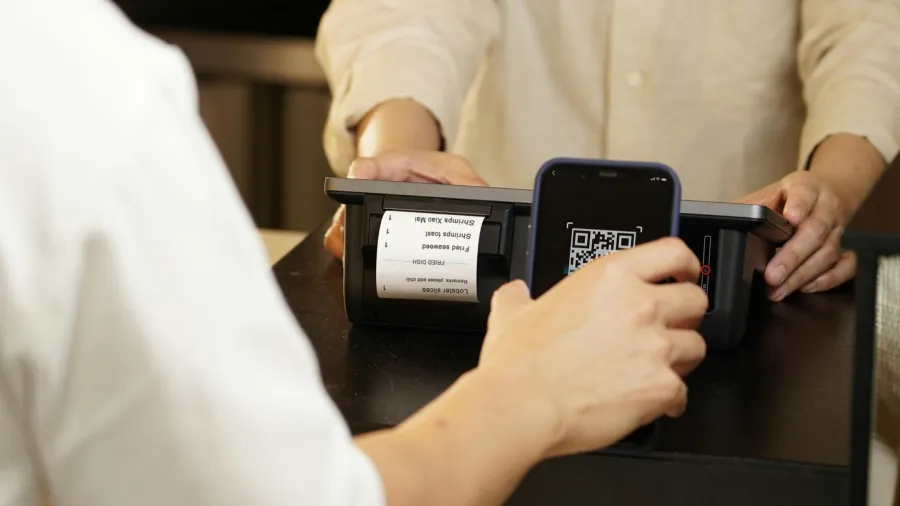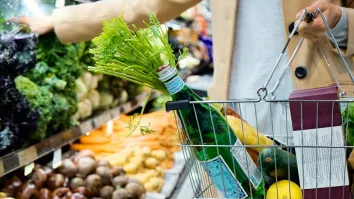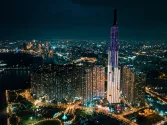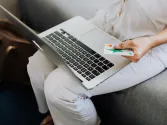
Industry giants call for global QR code adoption
They aim to achieve widespread adoption of QR Codes with GS1 standards by the end of 2027.
At least 22 industry leaders are advocating for the global adoption of QR Codes with GS1 standards in line with the 50th anniversary of the barcode's first scan.
Powered by GS1, these QR Codes promise to revolutionise consumer experiences by providing extensive product information accessible via smartphones.
Since 1974, collaboration between retailers and manufacturers through GS1 has made the barcode a universal tool for product identification. Today, barcodes are scanned over 10 billion times daily, enhancing supply chain efficiencies worldwide.
The participating companies, with a combined market value of over $1.5t, operate in over 160 countries and reach billions of consumers worldwide. They aim to achieve widespread adoption of QR Codes with GS1 standards by the end of 2027.
The companies supporting this initiative includes Alibaba.com (Taobao & Tmall Group), AS Watson, Barilla Group, Carrefour, 7-Eleven (CP ALL Thailand), Dr. Oetker, IGA, JD.com Group, Lidl International, L’Oréal, Master Kong (Tingyi Holding Corp.), Mengniu Group, Metro, Migros Ticaret A.S., Mondelēz International, Nestlé, The Procter & Gamble Company, Savencia Fromage & Dairy, The J.M. Smucker Co., Tsingtao Beer Group, WH Group (Henan Shuanghui Development Co.), and Yili Group.
"The first barcode scan forever changed how we buy and sell products," said Renaud de Barbuat, President and CEO of GS1. "Fifty years on, industry champions have come together calling for the transition to QR Codes powered by GS1.”
“This collaborative effort is set to transform in new ways how we shop, eat, and live. We believe this marks the start of a second barcode revolution – making products more traceable and transforming the consumer experience, thereby unlocking the future of retail,” he continued.
QR Codes powered by GS1 offer consumers unprecedented access to product information, enhancing their shopping experience with details such as usage and recycling instructions, safety, nutritional information, and industry certifications.
It also provides smarter choices by offering additional information such as video tutorials, style advice, and suggested recipes. They offer sustainable insights by providing details on product sourcing, components, carbon footprints, and recycling guidance. It also ensure safer food by providing regulatory information, allergy advice, and expiration dates, reducing food waste by allowing expired items to be rejected at checkout and those nearing expiry to be sold at reduced rates.

















 Advertise
Advertise







